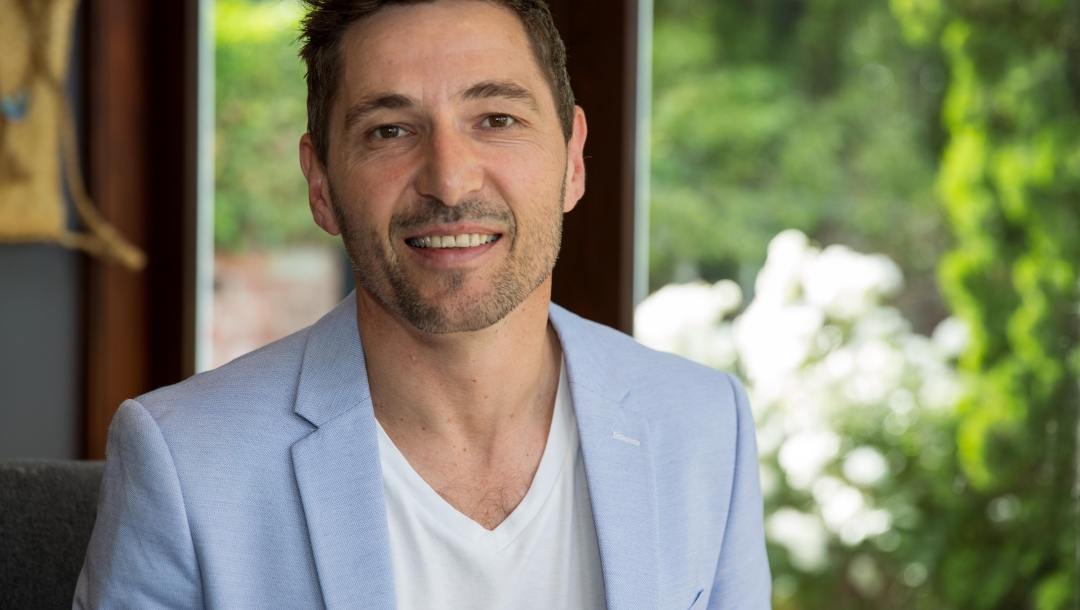
Nathan Wallis on the Power of Practicing Gratitude
When sharing news of our project of baby onesies to support children’s health through the Starship Foundation, we caught up renowned specialist of neuroscience, Nathan Wallis. With a background as a child and family therapist, Nathan Wallis is well equipped to help us families move forward in times of constant change so we asked him if he practices gratitude, and the impact being grateful has on his life.
According to Nathan, when you're looking at evidenced-based techniques to lower anxiety, research shows that yoga as well as meditation help to calm the limbic brain – the system and structures in the brain that deals with emotions and memory. And exercise releases endorphins in your brain. ‘But personally, for me, practicing gratitude is number one on the list,’ says Nathan. ‘Practicing gratitude just doesn't lend itself well to measuring. It makes complete sense that all the pathways that you activate when you are being grateful are all frontal cortex stuff that's the opposite to stress. It's going to calm that stress response. You can physically feel this’.
When it comes to theory playing out in life, Nathan had some personal experiences to share: ‘There was an ad on the radio the other day that said, just immediately, "Okay, stop right now and list 10 things you're grateful for right now." I thought, "Oh, that's easy to do. I'll just do that because it will only takes 10 seconds." So I listed off things that I was grateful for and I got to six... bang, bang and then didn't have to strain – but had to actually think – for the last four.
I felt that changed my perspective. I felt it make me more positive and more grateful. The experience just seemed to lift me up. If I was making my mood out of 10 and it was at a 6, it seemed to lift me up to an 8 by just making my brain very conscious of how grateful I was. I remember straining out those last three... not straining, but having to think of the last three.
It made me go, "Oh, I'm really glad that I know all of my kids are safe, even though only one of them iss with me and some of them are somewhere else, I'm not worried, or stressed, or really thinking about them because I know they're 100%... they're adults, but I know they're 100% safe.”’
So is it important to consciously practice gratitude?
‘Without that prompt for me to think of 10 things I was grateful for, I probably wouldn't have brought [the power of gratitude] into my consciousness. Because I've worked around neuroscience, I just know that your brain can't attend to everything. Your brain can't be constantly checking that roof's still there and that the kids still only have one head each, so your brain just makes all of these assumptions and can only choose stuff that's going to attend to. Our brain naturally encourages us to go to the worst possible scenario [fight or flight]. So if you exercise self-control and make yourself stop and list 10 things that are grateful for, you are powerfully reprogramming your brain to seeing things positively. There is no “one” reality.’
Does this mean practicing gratitude contributes to a healthy wellbeing?
‘I think gratitude is about the most powerful thing that you can do,’ says Nathan. When we move outside of science – just look around: Lots of philosophical thinkers that have influenced people throughout time have said that gratitude is really the number one. From Socrates up to Oprah Winfrey – they’re not wrong: keeping a list of what you’re grateful for is the way to go.’
